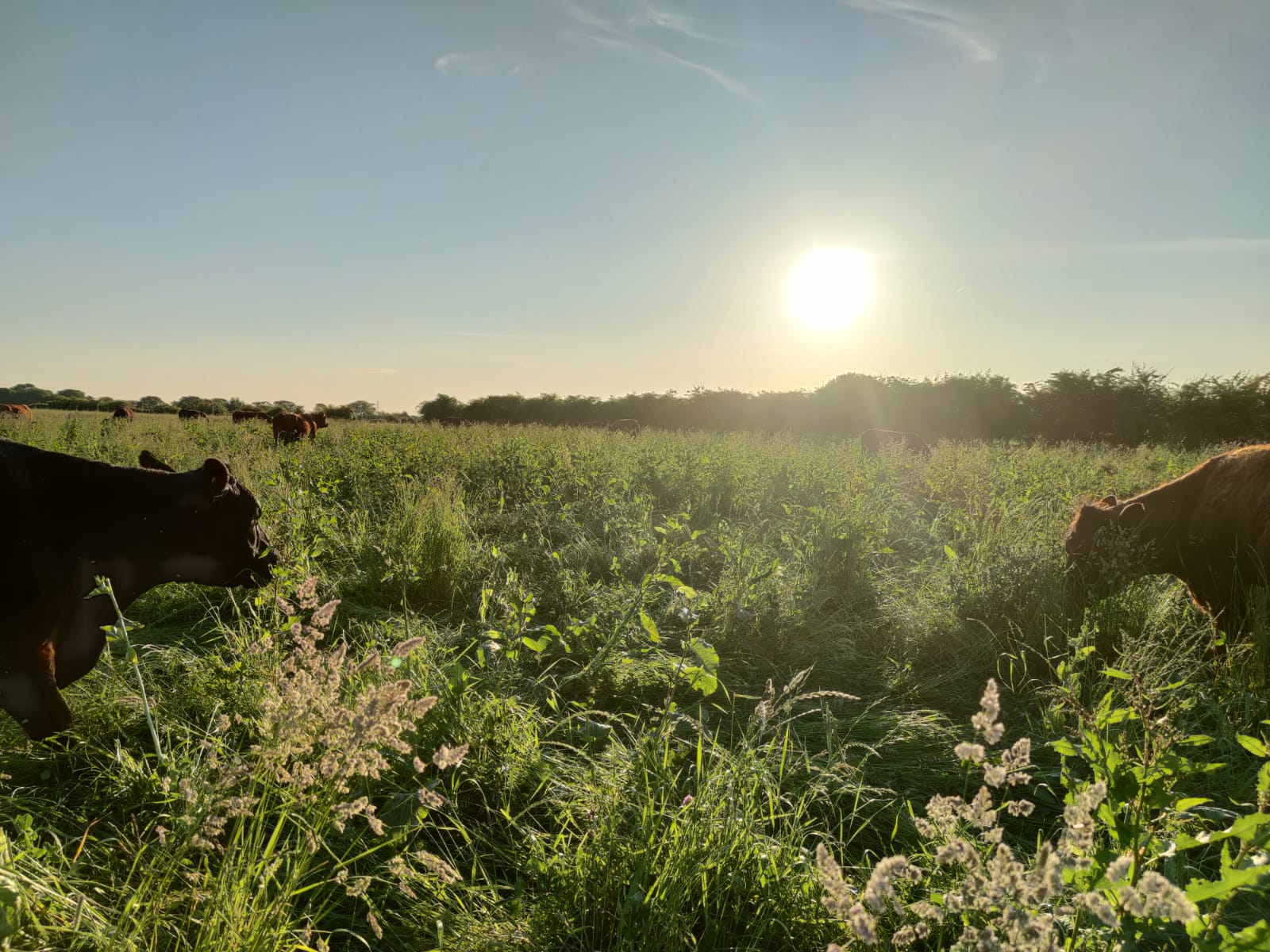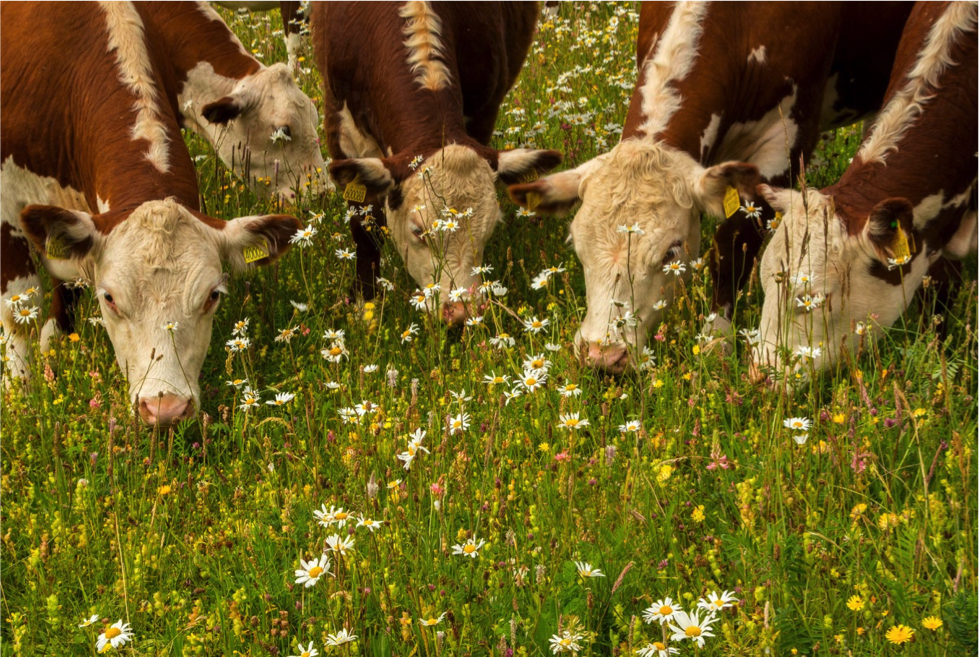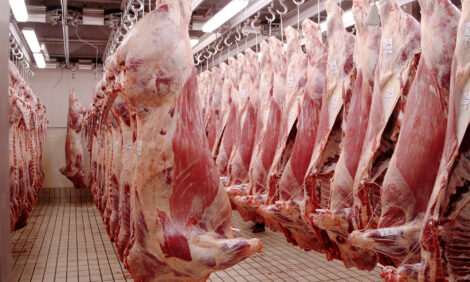



Research shows that regenerative farming can deliver environmental benefits while maintaining productivity
A regenerative beef grazing system being tested by FAI Farms, in conjunction with McDonalds UK & Ireland, offers significant potential to deliver environmental benefits while maintaining productivity, suggests the latest US and UK trial work.

A newly published study by Colorado State University and partners found that Adaptive Multi-Paddock (AMP) grazing - which involves grazing small areas with a high density of livestock for a short period of time, followed by long rest periods - can help capture carbon and boost nitrogen soil retention.
The trial compared conventional grazing practice with AMP grazing on neighbouring farms and found that on average, soils under AMP grazing have 13% more soil organic carbon, and 9% more soil nitrogen.
Clare Hill, regenerative farming director at FAI Farms says this latest study, in combination with a growing evidence base from their own AMP trial results in the UK, demonstrates the scope of regenerative farming techniques in driving more resilient beef production.
“As part of our project with McDonald’s UK & Ireland, we transitioned our beef enterprise to AMP grazing in 2020 to gain valuable insight into how the system might work on a commercial scale in the UK,” says Mrs Hill.
“In simple terms, the grazing technique works alongside, rather than against nature, and aims to create a more resilient farming system that supports environmental and sustainability targets.”
There is often an assumption that low productivity is attached to regenerative agriculture given its low input approach. However, Mrs Hill says this has not been their experience and the level of animal performance they have seen so far would rival conventional beef production systems.

“We’re 18 months into the four-year project and have seen some really positive results. Our beef cattle are currently achieving a lifetime daily live weight gain (DLWG) of 1.4kg, with 50% of livestock finished off grass before 20 months.”
The FAI farm in Oxford has one of the largest regenerative beef herds in the UK and as part of the project, soil carbon over time is being monitored alongside a suite of other sustainability metrics. The findings will be used to develop a knowledge platform for UK and Irish beef producers and supply chain stakeholders to learn more about transitioning to regenerative grazing systems.
“With the beef industry under increasing pressure to move towards more sustainable production systems that support environmental goals, I’m hopeful that this growing evidence base will help scale up regenerative techniques across the sector.”
The full US study is available here.
Learn more about the UK AMP project and how AMP might work on your farm.
TheCattleSite News Desk

